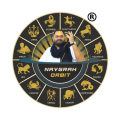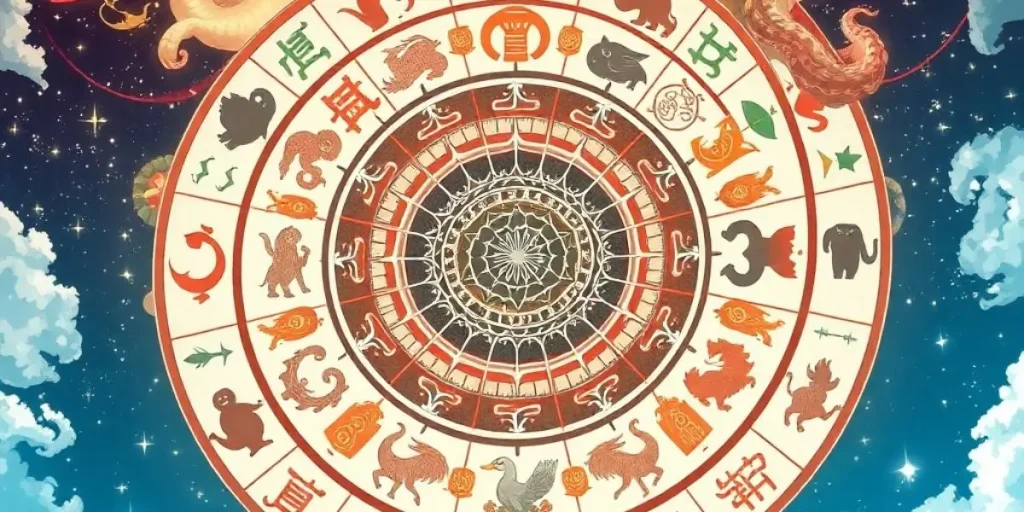Have you ever gazed at the night sky and wondered if there’s more to those twinkling stars than meets the eye? Picture a bustling market in ancient Babylon, a serene ashram in India, or a vibrant street festival in China—all looking up, each interpreting the cosmos in their own unique way. Astrology isn’t a one-size-fits-all concept; it’s a rich tapestry woven with threads of culture, history, and personal destiny.
The Ancient Origins of Astrology: A Global Journey
Astrology has been humanity’s cosmic companion for millennia. From the earliest civilizations, people looked to the stars for guidance, comfort, and answers. Whether it was the promise of a bountiful harvest or the mystery of one’s destiny, the sky held a universal language that transcended borders.
Imagine an ancient stargazer, perhaps sitting by the Euphrates, mapping the heavens and wondering how these patterns might mirror the rhythm of life below. This isn’t just a whimsical thought—it’s the shared origin of countless astrological traditions. The idea that the cosmos could hold clues to our personality and fate continues to captivate us today.
Western Astrology: The Zodiac We Know
When most of us think about astrology, we picture the twelve familiar zodiac signs—Aries, Taurus, Gemini, and so on. Western astrology, with its roots in Greco-Roman traditions, has evolved over thousands of years. Its system is built on the position of the sun, the planets, and the elements of fire, earth, air, and water.
Consider how each zodiac sign carries its own story. The fiery enthusiasm of Leo, the earthy stability of Taurus, or the curious duality of Gemini—all these traits paint a picture of our inner selves. For instance, an trusted astrologer might note that when the sun aligns with certain constellations, it can hint at the challenges and opportunities lying ahead.
What makes Western astrology particularly appealing is its accessibility. Many of us read our daily horoscopes, check our compatibility with a friend, or simply enjoy the playful banter that comes with zodiac memes. Yet, beneath the fun lies a rich history of observational astronomy and human experience.
Vedic Astrology: The Cosmic Science of India
Traveling eastwards, we step into the realm of Vedic astrology, also known as Jyotish. This ancient system from India goes beyond mere sun signs and offers a complex map of the cosmos. In Vedic astrology, the positions of the moon, planets, and even lunar mansions (nakshatras) play crucial roles in determining one’s destiny.
Vedic astrology is deeply interwoven with spirituality and daily life. It provides guidance on everything from auspicious dates for weddings to the best times to start a new venture. The method is intricate, relying on precise calculations that have been refined over centuries. An experienced astrologer well-versed in Vedic traditions might even help you align your daily rituals with the cosmic clock.
What’s fascinating is how Vedic astrology blends scientific observation with spiritual insight. It encourages us to view life as a series of interconnected events, each influenced by the celestial dance overhead. The narrative is as much about personal growth as it is about understanding the universe.
Chinese Astrology: Harmony Through Yin, Yang, and the Zodiac
In China, astrology takes on a different flavor altogether. Rather than the twelve zodiac signs of the West, Chinese astrology centers on a 12-year cycle, each year represented by an animal sign—from the diligent Ox to the charismatic Dragon. This system is closely tied to the principles of Yin and Yang and the Five Elements (wood, fire, earth, metal, and water).
Chinese astrology is not just about predicting fortunes; it’s a philosophy of balance and harmony. It invites us to consider how the ebb and flow of energy in our lives can mirror the natural world. For example, the gentle sway of a bamboo forest or the steadfast flow of a river reflects the balance sought in one’s destiny.
Even in today’s fast-paced world, many find comfort in Chinese astrology’s emphasis on equilibrium and cycle. The insights it offers can be both profound and practical, influencing everything from career decisions to relationship dynamics. It’s a reminder that no matter how modern our lives become, the timeless rhythms of nature still hold sway.
Comparative Insights: What Can We Learn from Each Tradition?
At this point, you might be wondering: “What do all these astrological systems have in common?” Despite their differences, Western, Vedic, and Chinese astrology all share a deep belief in the interconnectedness of the universe and our individual lives.
For one, they each serve as a mirror, reflecting our inner selves and the challenges we face. Western astrology tends to focus on personality traits and psychological patterns, while Vedic astrology delves into life’s karmic lessons. Chinese astrology, on the other hand, emphasizes balance and the cyclical nature of life.
The beauty of these traditions is that they offer complementary insights. Imagine using the straightforward, character-based approach of Western astrology as a starting point, then diving into the nuanced predictions of Vedic charts, and finally embracing the holistic balance advocated by Chinese methods. The result? A richer, more layered understanding of who you are and where you’re headed.
For those curious about how these systems can work in tandem, consider scheduling a session with an experienced astrologer. Such a consultation can help blend the insights from different cultures, tailoring guidance that resonates with your unique journey.
Wrapping It Up: Embracing the Cosmic Tapestry
As we come full circle, it’s clear that astrology, in all its forms, is much more than a tool for fortune-telling. It’s a way to connect with ancient wisdom, to understand the rhythms of nature, and to explore the depths of our own character.
So next time you find yourself gazing up at a starry sky, ask: “What stories do these lights hold about my path?” Whether you lean towards the familiar zodiac of the West, the intricate calculations of Vedic astrology, or the balanced cycles of Chinese tradition, each system offers a unique perspective on life’s grand tapestry.
If this cosmic journey has sparked your curiosity, why not take the next step? Reach out to an experienced astrologer and discover how the stars can guide you through your personal narrative. After all, every star has a story—what’s yours?
FAQs
Q1: What are the main differences between Western, Vedic, and Chinese astrology?
Western astrology focuses on zodiac signs and planetary influences, Vedic astrology relies on lunar mansions and karmic insights, and Chinese astrology uses a 12-year cycle based on animal signs and elemental balance.
Q2: How can I benefit from learning about different astrological traditions?
Exploring various systems can offer a more comprehensive view of your personality and destiny, providing diverse insights that may help with personal growth and decision-making.
Q3: Is one form of astrology more accurate than the others?
Accuracy can be subjective. Each tradition offers unique insights, and many find value in blending perspectives—consulting with an experienced astrologer might help tailor the approach that works best for you.
Q4: How do I know which astrological system suits me best?
Your personal interests and cultural background often guide you. You might start with the familiar Western zodiac, then explore Vedic or Chinese methods to gain additional layers of understanding.
Q5: Can these different traditions be integrated in daily life?
Absolutely. Many people find that combining insights from multiple systems provides a richer perspective on challenges and opportunities, guiding them towards a more balanced life.
We Offer These Services In Dubai
| Astrologer in Dubai | Vastu Consultant in Dubai | Pandit in Dubai |

